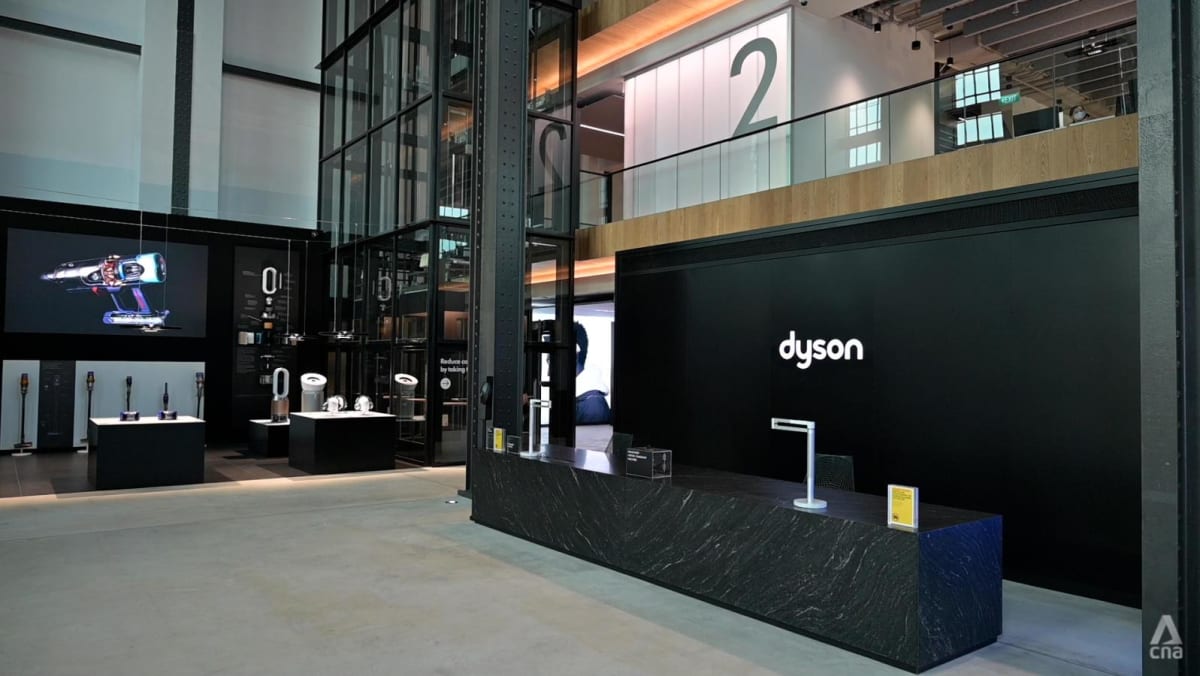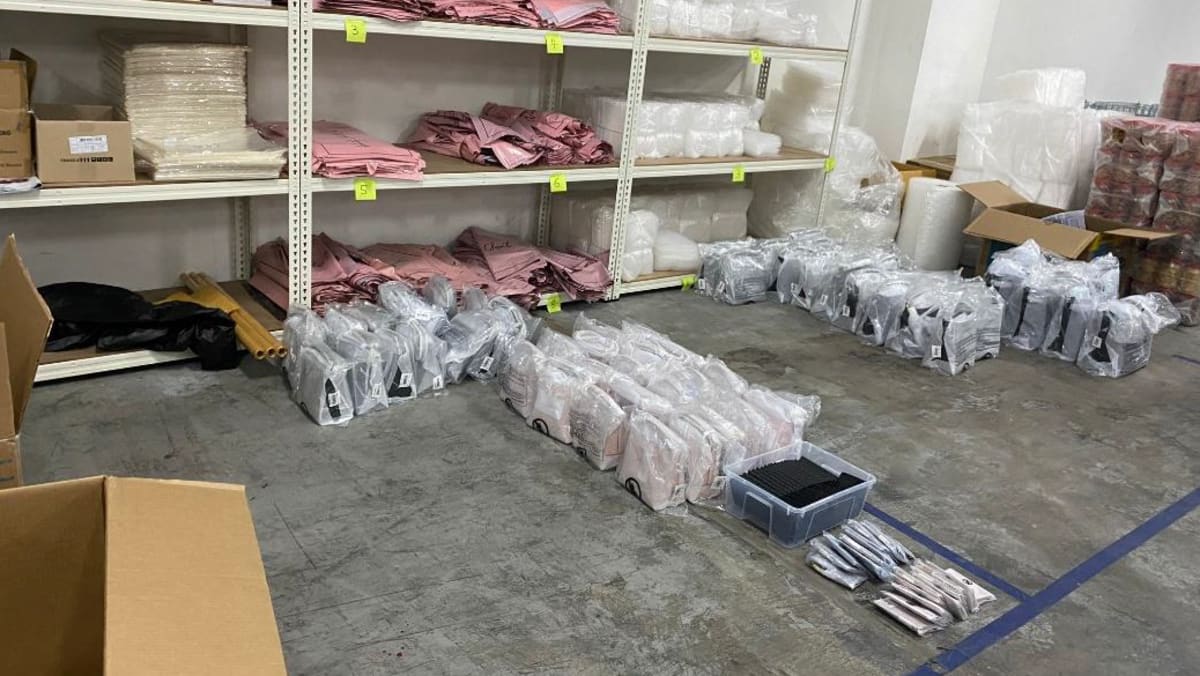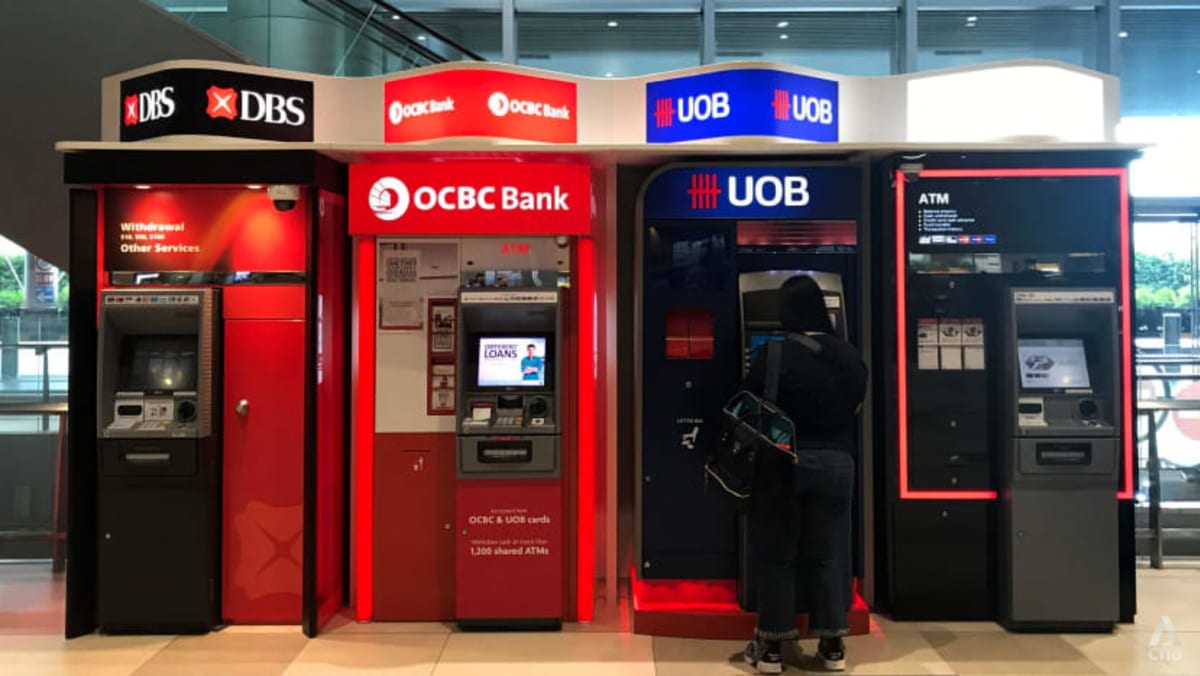Judge Toh had found that Lim had “dishonest intent” in directing his employees to forge documents for fictitious transactions.
Lim was the managing director and 75 per cent shareholder of Hin Leong Trading, an oil trading company incorporated in Singapore, at the time of the offences in March 2020.
But the judge found that Lim continued to be a “hands on” “big boss” of Hin Leong even after stepping down in April 2020, and that his approval was required for trades.
LEGEND IN OIL INDUSTRY ORCHESTRATED FRAUD: DPP
Deputy Public Prosecutors Christopher Ong, Kelvin Chong and Foo Shi Hao sought 20 years’ jail for the octogenarian.
Mr Ong said the amounts in Lim’s cheating charges are among the highest in Singapore for trade financing fraud, and that Lim’s offences “tarnished Singapore’s hard-earned reputation” as Asia’s leading oil trading hub.
Lim’s two cheating charges are “examples of the worst possible kinds of cheating” and warrant the maximum sentence of 10 years per charge, Mr Ong argued.
For the forgery charge, the prosecution sought nine years, a year less than the maximum. They asked for the two cheating sentences to run consecutively for a total of 20 years, the maximum a district judge is able to mete out in a single trial.
In response to the mitigation plea by Senior Counsel Davinder Singh and his team, Mr Ong said no weight should be given to Lim’s age or his medical conditions, “given the gravity of the offences”.
If the judge wanted to accord some mitigatory weight to Lim’s advanced age, the prosecution said it should be a year’s discount at the most.
To justify their submissions for 20 years, the prosecution pointed to the amount of money cheated and losses caused and how the offences affected Singapore’s financial services and economic infrastructure and potentially “undermined public confidence in Singapore’s oil trading industry”.
Mr Ong said Lim was the mastermind, directing his employees to commit the offences, with a total outstanding loss of about US$85 million.
In the history of Singapore’s trade financing fraud offences, his case is second only to the losses caused by Lulu Lim, the former chief financial officer of commodity firm Agritrade International, who was “just an employee” in her company, said Mr Ong.
He argued that Lulu Lim committed the offences out of self interest, and it is clear that Hin Leong was Lim Oon Kuin’s “life’s work”.
The latter had given evidence about how he built the company up from when he was a young man into a group of companies he described as a family.
“He was the managing director of Hin Leong, the sole and original managing director, all the way until April 2020, for 47 years,” said Mr Ong.
Addressing the mitigation plea, Mr Ong said any suggestion that Lim committed the offences out of concern for his employees’ continued livelihood must be considered against how he tried to “throw the employees under the bus and blame them completely” at trial.
Mr Ong said Lim was prepared to place blame entirely on the shoulders of a loyal employee whom he said he treated like a daughter.
Mr Ong said the seven years sought by the defence was clearly “manifestly inadequate”.
As for Lim’s medical offences and submission that Lim would suffer disproportionately from a long sentence, Mr Ong said the principle that a sentence does not in effect amount to a life sentence is not “iron-cast”.
“Ultimately, the appropriate sentence depends on the facts of each case, and here, what has to be emphasised is that the only reason why we are having to consider whether a sentence against the accused … will amount to a life sentence is because in the first place at the age of 78, the accused was still vital enough, still in control of Hin Leong enough to engineer and direct that these frauds take place or be committed,” said Mr Ong.
“It would, your honour, be unjust I submit if having been able to engineer such crimes at this advanced age, the accused then escapes the appropriate consequences for his crimes by using that age as an excuse.”
Mr Ong said the medical conditions highlighted by the defence, such as Lim’s wheelchair use and fall risk, can be catered to by the Singapore Prison Service.
In his reply arguments, Mr Singh said the prosecution did not have evidence to back several of its claims, such as that Lim tried to throw his employees under the bus, or that his offences had the potential to undermine confidence in Singapore’s oil trading industry.
The prosecution had compared Lim’s case with that of former Asia Pacific Breweries finance manager Chia Teck Leng – who was sentenced to 42 years’ jail for swindling four foreign banks out of S$117 million. However, Mr Singh said Chia’s case was from 2004. Adjusted for inflation, the amounts involved in Chia’s case are higher than Lim’s, he argued.
Mr Singh also argued that there are “very serious gaps” in a letter from the prison service, which the prosecution used in saying that Lim’s needs can be met in jail. The letter does not address all of Lim’s medical conditions, Mr Singh said.
These include anxiety, depression, insomnia, a large prostate, asthma, coronary artery disease and cerebral vascular disease with cognitive impairment.
The issue of whether Lim would suffer disproportionately was “not even addressed” by the prison service, said the veteran lawyer.
Without addressing these concerns, “how can this court know that there is no such concern?” asked Mr Singh.













